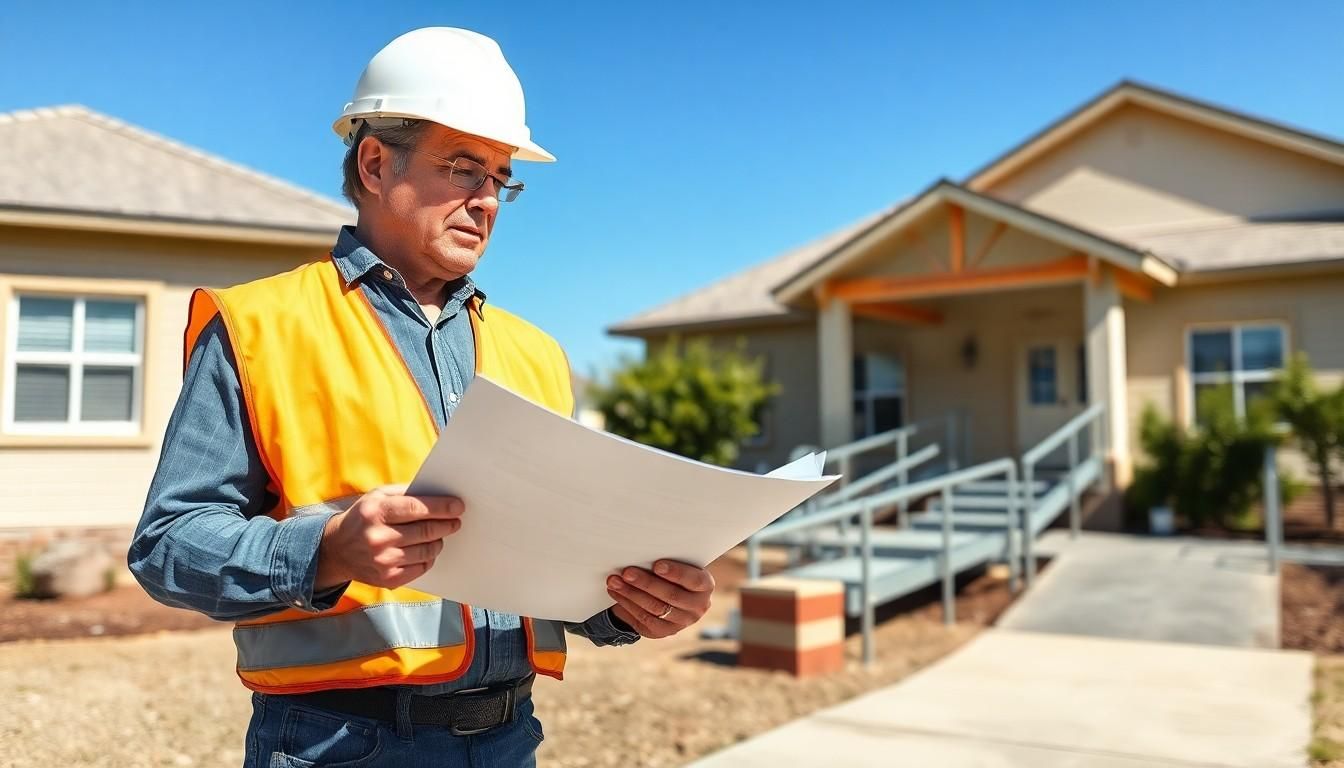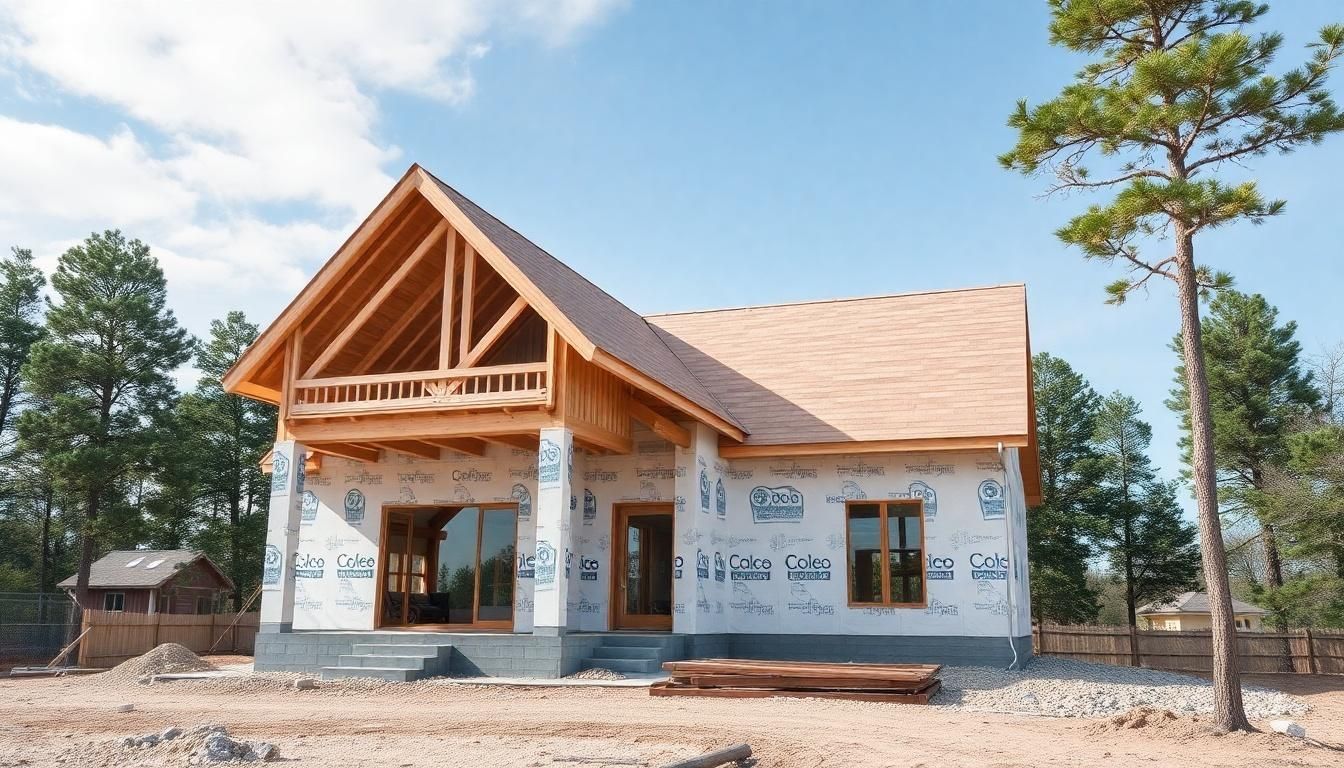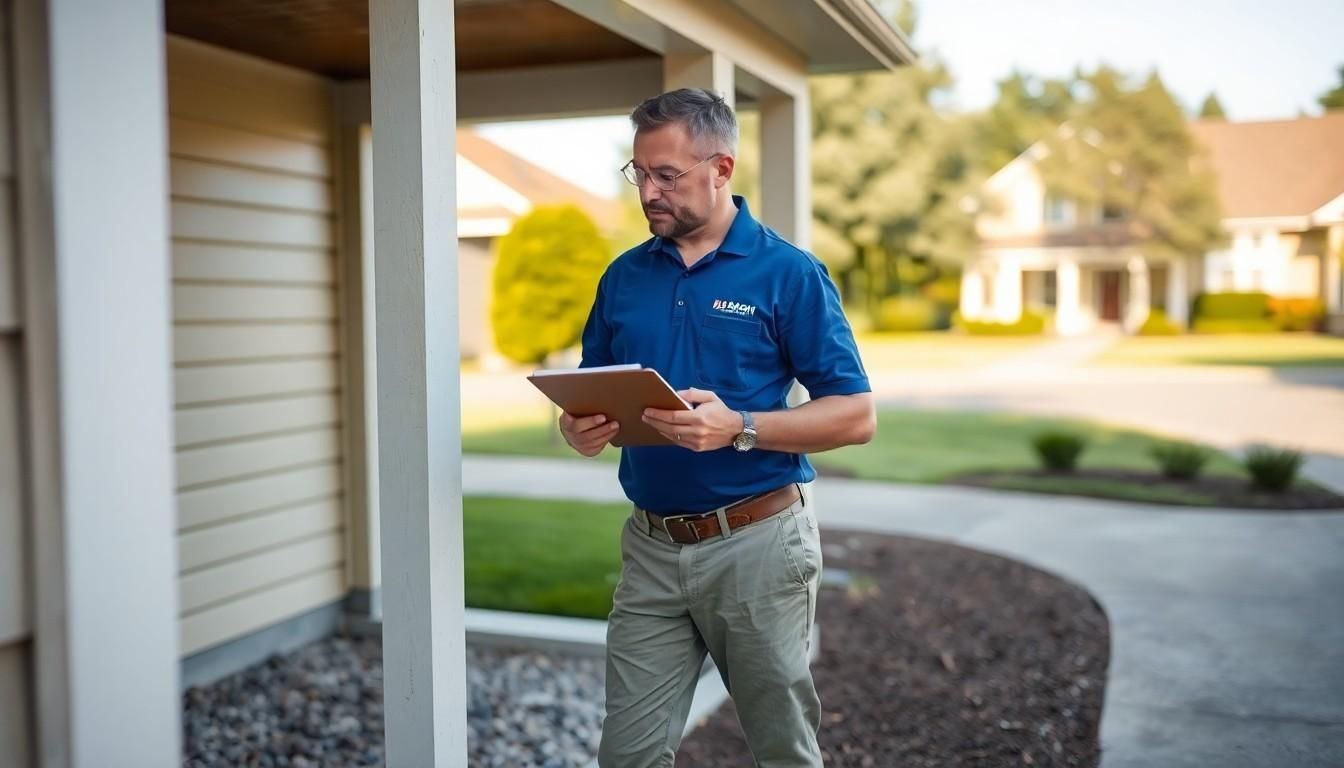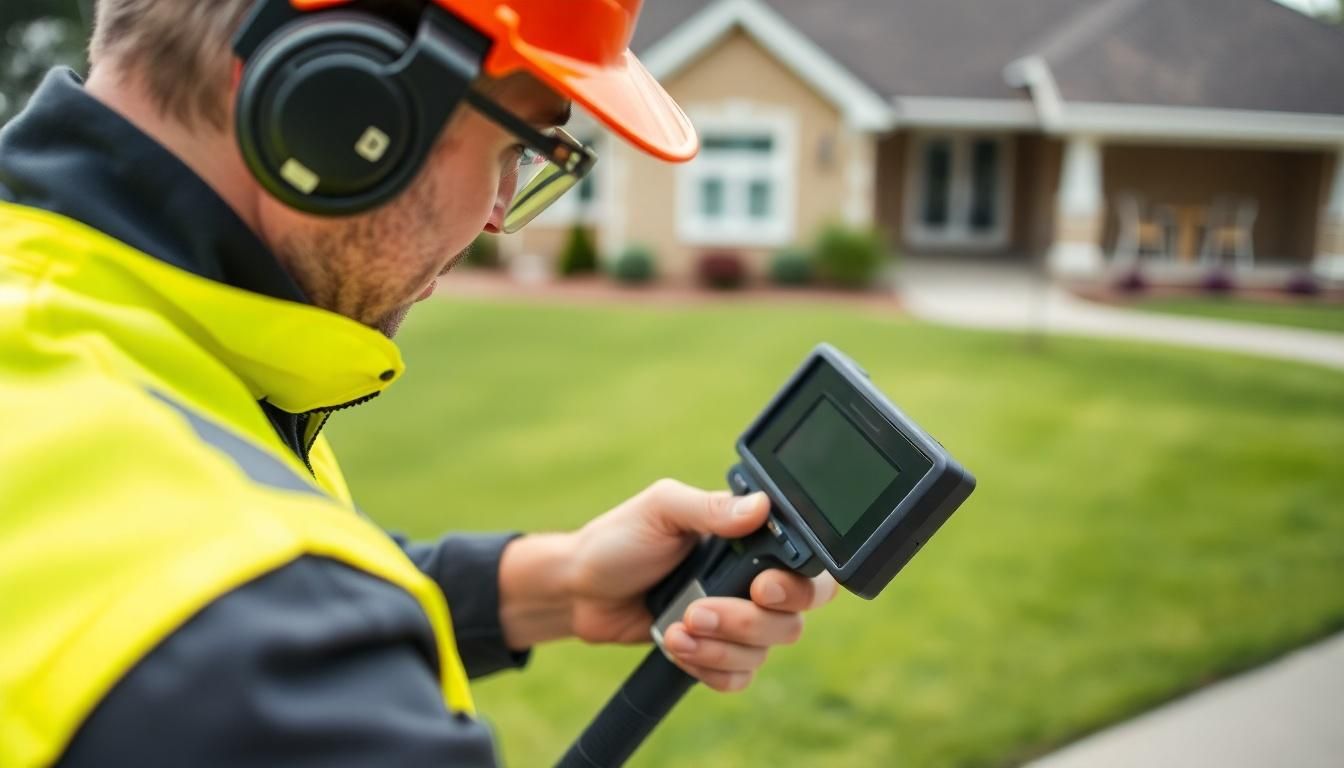The Most Common Misconceptions About Home Inspections Exposed
- Home inspections are crucial for property safety and integrity, especially for FHA loan users.
- Inspections can reveal issues like carbon monoxide leaks, faulty wiring, plumbing leaks, and mold.
- New homes also need inspections to identify potential construction defects.
- Home inspections differ from appraisals; inspections assess physical condition, while appraisals determine market value.
- Inspectors do not check everything; they perform visual, non-invasive assessments.
- Inspectors vary in qualifications, so choose experienced, accredited professionals.
- Inspections provide insights but do not guarantee a perfect home.
- The cost of inspections is minor compared to avoiding significant future repairs.
Are you underestimating the need for a home inspection? Many people believe that home inspections are optional, or even unnecessary. However, skipping this crucial step can be risky, and may lead to overlooking potentially dangerous issues such as carbon monoxide leaks.
Though not mandatory for every home purchase, home inspections are vital for buyer protection. In this article, we will expose common misconceptions about home inspections and clarify why they are indispensable for property safety and sustained value.
Misconception 1: Home Inspections Are Optional
Skipping a home inspection is risky and can lead to unforeseen expenses and safety hazards. While not mandatory for all home purchases, inspections are crucial for ensuring a property's safety and integrity. Buyers using FHA loans must have an appraisal that includes an inspection to meet safety standards. This highlights inspections' importance, as they uncover minor and serious issues that can affect occupants' health and safety.
Home inspections safeguard buyers by finding potential hazards not visible to the untrained eye. Without them, buyers might purchase a property with hidden dangers, leading to costly repairs later. Inspectors are skilled at spotting issues like structural damage and electrical faults. Some hazards they can uncover include:
- Carbon monoxide leaks
- Faulty wiring
- Plumbing leaks
- Foundation cracks
- Mold infestations
Aside from safety, home inspections prevent unforeseen expenses by identifying issues early. A thorough inspection can reveal defects that might escalate into significant problems without intervention. By investing in an inspection, buyers can negotiate repairs or price adjustments, protecting their investment and ensuring a safe living environment.
Misconception 2: New Homes Don’t Need Inspections
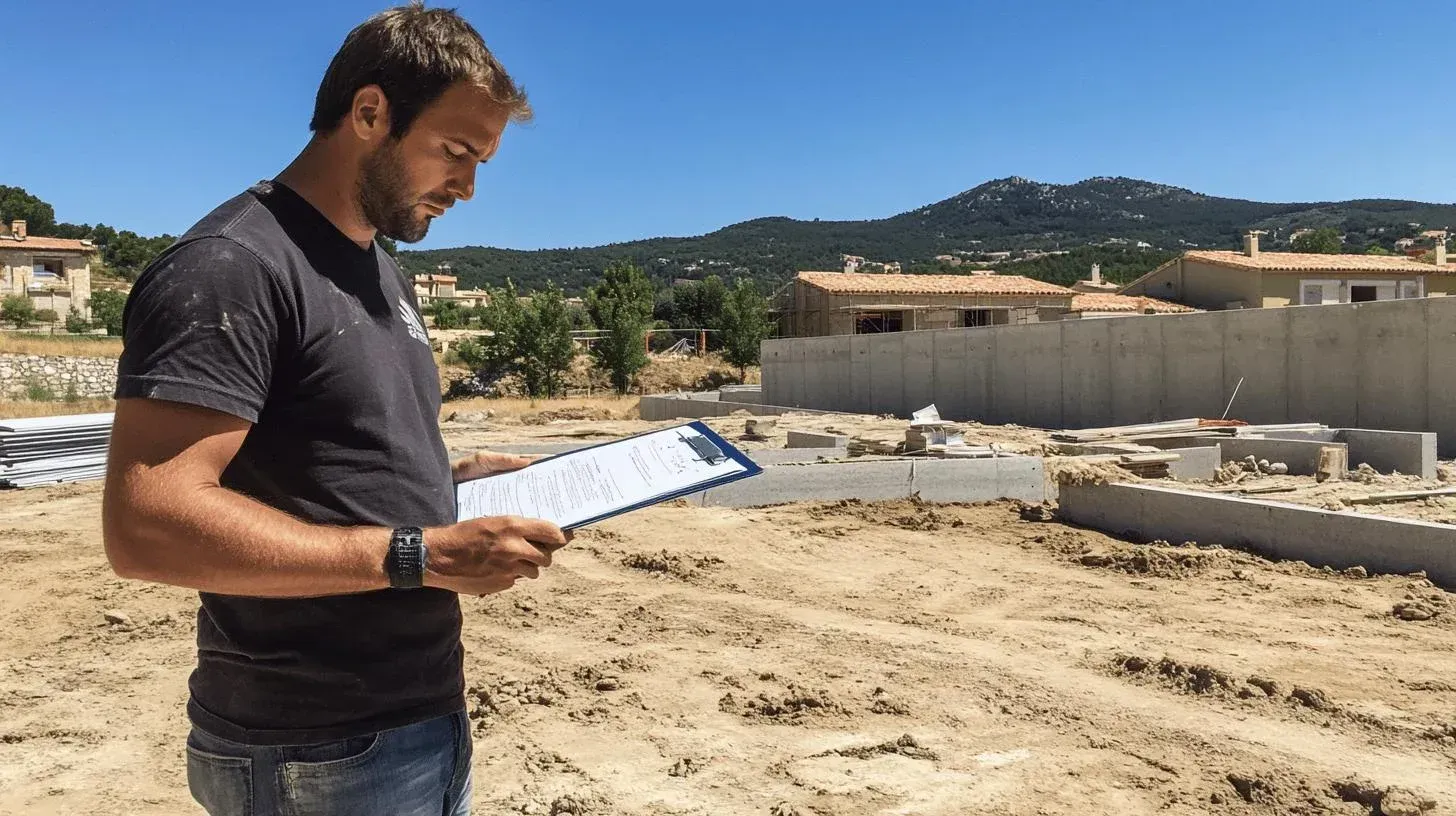
Many people think new homes are flawless and need no inspections, but this is not true. Even new homes can have hidden problems due to construction oversights or material defects. Inspections for new homes identify potential issues early, ensuring they function correctly.
Builders can make mistakes, and materials can fail, leading to problems showing up later. A new home inspection helps mitigate such risks and allows negotiation with builders for corrections.
These inspections offer an objective property assessment beyond aesthetics, ensuring compliance with building codes and standards to protect the buyer's investment and safety. While a home may look pristine, hidden issues can affect its structure and function. Inspections typically cover areas like electrical systems, plumbing, and roofing, providing peace of mind and preventing costly future repairs.
Misconception 3: Home Inspections and Appraisals Are the Same
Are home inspections and appraisals the same? No, they have different purposes. Inspections assess a property's physical condition, focusing on safety and maintenance. Inspectors evaluate structural elements, roofing, plumbing, and electrical systems. Meanwhile, appraisals determine a home's market value, considering factors like location and size. Appraisers do not assess the operational integrity of systems.
Understanding the difference is crucial for buyers and sellers. Inspections identify hazards and maintenance needs, while appraisals provide financial valuations, essential for loans and fair selling prices. They impact buying, selling, and financing decisions with key differences:
- Purpose: Inspections focus on condition, appraisals on value.
- Outcome: Inspections give safety reports, appraisals give market values.
- Scope: Inspections are detailed and technical, appraisals broader and financial.
Understanding these differences helps homeowners or prospective homeowners make well-informed decisions, ensuring both property condition and value are assessed properly.
Misconception 4: Inspectors Will Check Everything
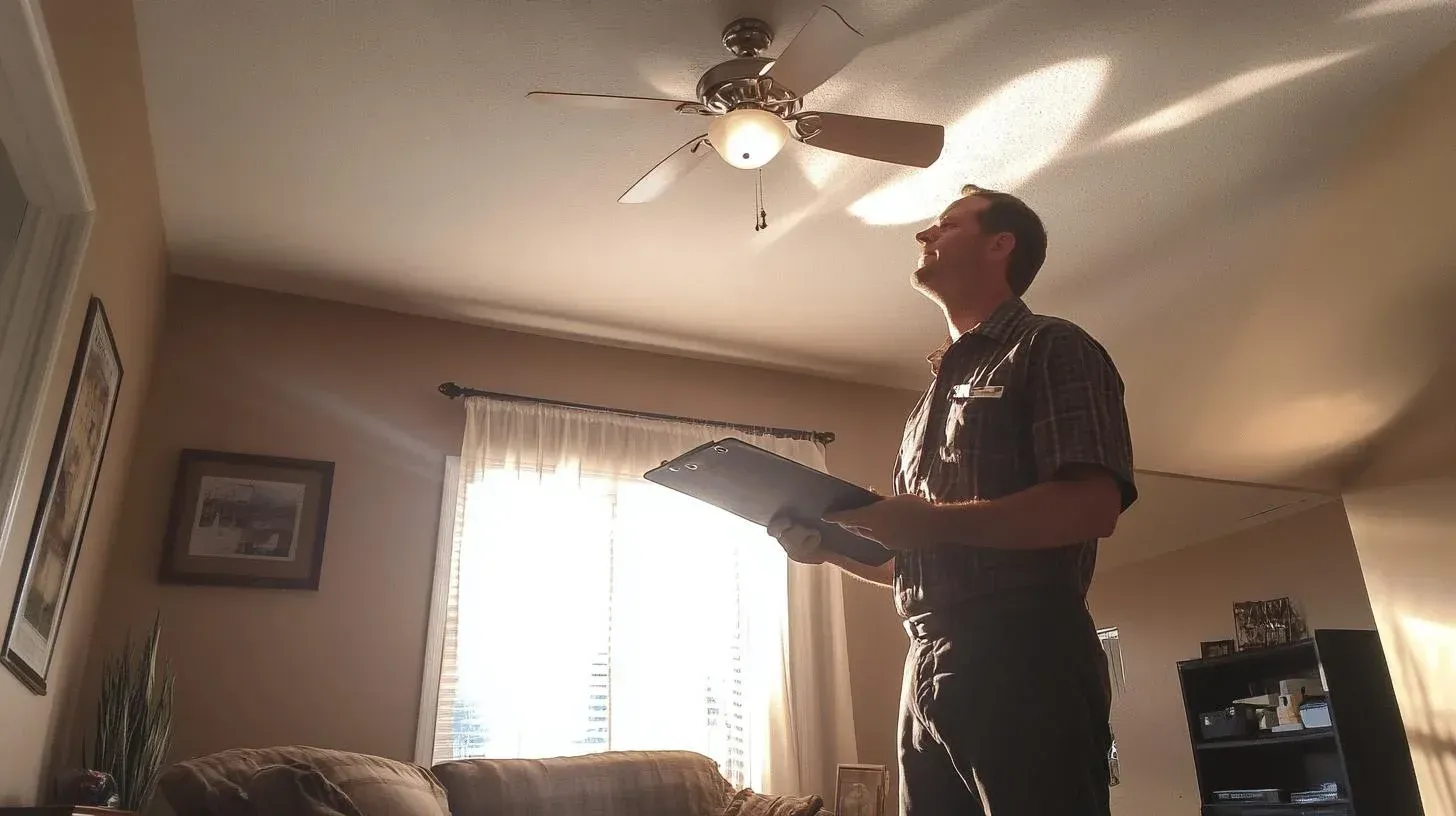
Do inspectors check everything in a house? No, inspections are not exhaustive evaluations. They're visual, non-invasive assessments for visible defects and safety issues. Inspectors don't move furniture, open walls, or inspect hidden areas. This limitation affects inspection scope and depth.
A common belief is that inspections will find every defect. However, they're surface-level evaluations, giving insights into significant issues affecting safety and function. Specialized services, like radon testing or termite inspections, are separate and require extra expertise. Understanding these limits helps buyers set realistic expectations of an inspection's findings.
Inspections identify critical issues like electrical hazards or plumbing leaks but aren't exhaustive. They focus on accessible areas and visible components, meaning some problems might remain undiscovered. For a comprehensive evaluation, buyers could hire specialists to assess beyond standard scope.
Common Areas Often Overlooked
Here are some elements not typically covered in standard inspections:
- Septic Systems: Inspectors usually don't assess septic tank conditions.
- Chimneys: Interiors often need specialized chimney sweeps.
- Pools and Spas: These need separate inspections by specialists.
- Underground Pipes: Inspectors don't investigate these systems.
Understanding inspection limitations is essential for informed decisions. Engaging specialists such as MyAccurateHomeServices can uncover hidden issues, protecting a buyer's investment.
Misconception 5: All Home Inspectors Are the Same
Are all inspectors the same? No, they vary in qualifications, experience, and standards. Choosing a skilled, experienced inspector is critical for an accurate property assessment. Inspectors differ in expertise, affecting inspection report quality. Ensuring an inspector's skills and certifications helps uncover potential problems.
Inspector differences affect inspection outcomes. Experienced inspectors with specialized training are likelier to provide detailed, reliable evaluations. Credentials show industry standards commitment and a deep understanding of building systems. An inspector's accuracy depends on their knowledge of systems like electrical and plumbing.
When selecting an inspector, consider these criteria for credibility:
- Certification from recognized organizations
- Field experience
- Knowledge of local codes
- Positive reviews and references
- Continuing education in latest techniques
Choosing a credible inspector is vital for a thorough examination, guiding informed decisions and preventing future issues, providing peace of mind, and protecting investments.
Misconception 6: Home Inspections Guarantee a Perfect Home
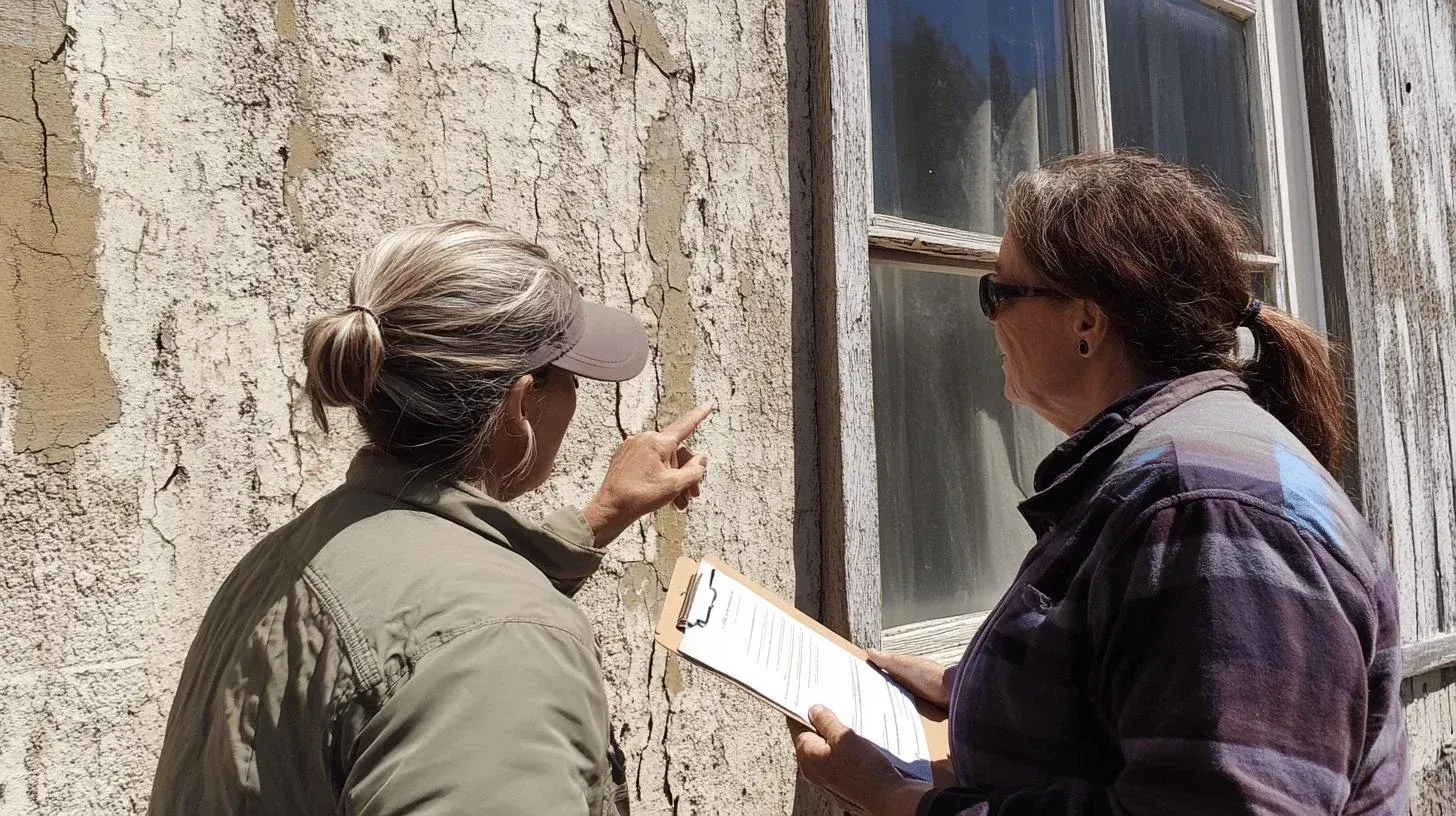
Inspections do not ensure perfection, they offer a property snapshot during inspection, not a flawless guarantee. Inspections focus on identifying major defects and safety concerns, not minor issues. Findings should inform rather than provide definitive answers. Buyers should expect minor issues, as typical inspections aren't exhaustive evaluations.
Inspection findings help buyers understand a property's state and anticipate future maintenance needs. Their accuracy depends on uncovering visible defects and safety concerns. Understanding findings helps buyers decide on necessary repairs. While inspections are useful for evaluating condition, ongoing maintenance remains necessary. So, you should use reports as guides rather than assuming that there are no further issues.
Misconception 6: Home Inspections Are Too Expensive
Home inspections save you from potential undiscovered issue expenses. So, no, they're not expensive. A thorough inspection can find hidden problems, avoiding significant financial burdens. Hiring a qualified inspector is a small price for peace of mind and protection. Early defect identification allows repair negotiations, potentially saving thousands in future costs.
Financial advantages of inspections are clear. Inspections give detailed property condition understanding, aiding informed decisions and avoiding unexpected costs. Long-term benefits include:
- Avoiding costly repairs: Early detection prevents expensive issues.
- Negotiation leverage: Reports help negotiate lower prices or repairs.
- Budget planning: Identifying maintenance aids budget planning.
- Ensuring safety: Detecting hazards like faulty wiring minimizes accident risks.
Viewing inspections as investments rather than burdens protects assets and ensures a safe, secure living environment.
Final Words
Knowing exactly what to expect as a homeowner is one of the best decisions you can make, and understanding and the most common misconceptions about home inspections is crucial to help avoid mistakes. Home inspections are essential, whether for new builds or established homes, uncovering hidden problems and protecting investments.
Home inspection is a proactive approach to inspections enhances property safety and efficiency. And with home inspection specialists like MyAccurateHomeServices, you're guaranteed nothing short of the best inspections, giving you peace of mind.
FAQ
Q: What are common misconceptions about home inspections in California and Texas?
A: Many believe home inspections are unnecessary before purchasing in both states. Inspections identify issues like carbon monoxide leaks that can protect buyers and fulfill FHA loan requirements.
Q: What are home inspection red flags?
A: Significant red flags include structural damage, electrical hazards, plumbing issues, roof problems, and signs of pest infestation, all of which can lead to costly future repairs if not addressed.
Q: What is the most common issue to arise in a home inspection?
A: The most common issues often involve minor plumbing problems, such as leaky faucets or faulty water heaters, which can lead to more severe damage if neglected.
Q: Why are people skipping home inspections?
A: Some buyers skip inspections to expedite the buying process or save money, not realizing it can result in unexpected, expensive repairs later on.
Q: What are the advantages and disadvantages of a home inspection?
A: Advantages include identifying potential issues and providing negotiation leverage. Disadvantages might be the upfront cost and time required, but benefits definitely outweigh these drawbacks.
Q: Is an inspection good on a home?
A: An inspection is beneficial as it assesses the home's current condition, identifying safety hazards and potential future repairs, ensuring the buyer is informed before purchase.

